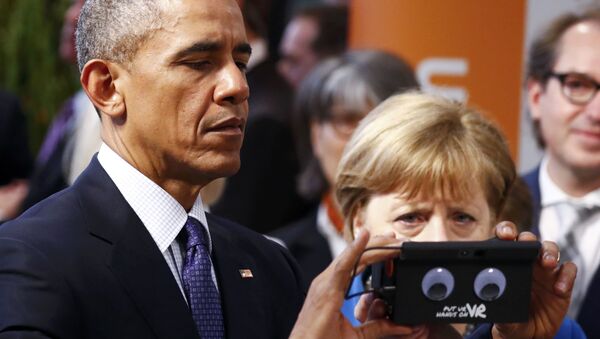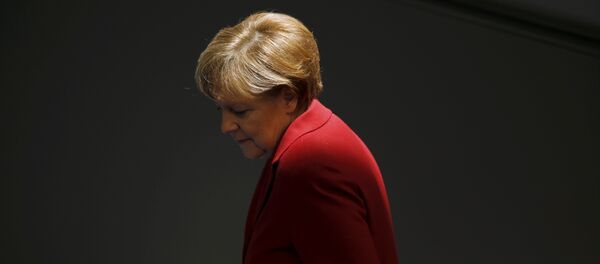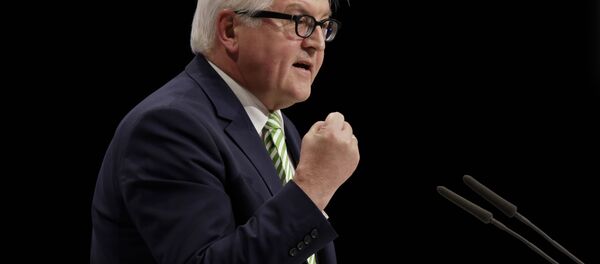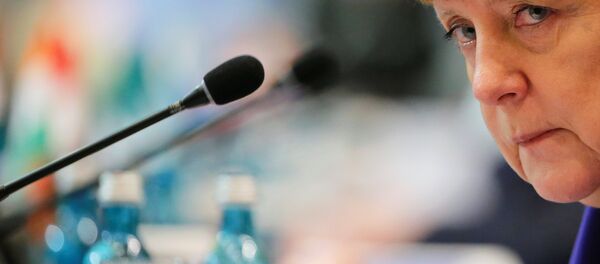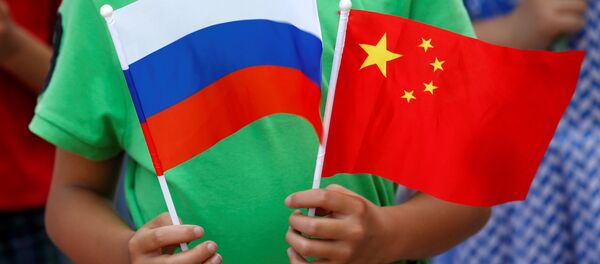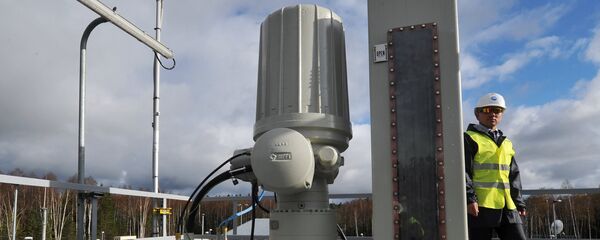Recent polling conducted on behalf of the Bild am Sonntag newspaper has revealed that exactly 50% of Germans are opposed to granting Chancellor Merkel a fourth term in office, calling into question whether the country's leader will even bother pursuing reelection.
Support for Merkel has declined dramatically in the past year, with the public enraged with her government's open-door migrant policy, which has seen Germany accepting over two million people from the Middle East and North Africa in 2015 alone.
Meanwhile, the number of Germans actively supporting Merkel is also falling. In similar polling conducted in November, 2015, 45% of respondents said that they would support Merkel's reelection. This month's poll saw that figure drop to 42%.
Germans will vote in federal elections next August. If Merkel runs, she will have to announce her intention to do so in advance. It was expected that she would announce this spring, but problems associated with the migrant crisis have led her to put off any announcements. In May, German media reported that support for Merkel's electoral bloc – the Christian Democratic Union, and its junior ally, the Christian Social Union in Bavaria, had fallen to its lowest point since 2012.
The political situation has been further complicated by Merkel's disagreements with Christian Social Union leader Horst Seehofer; the latter has repeatedly criticized the chancellor's policy on immigration. Experts say that without Seehofer's support, Merkel will have a very hard time running for reelection.
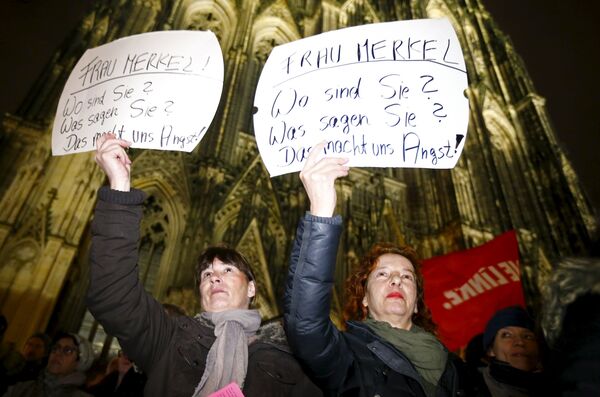
Meanwhile, according to German politics watchers, there are presently few figures currently capable of seriously challenging Merkel, both for the leadership of the CDU and for the chancellorship.
One name that has popped up repeatedly as Merkel's possible successor is 57-year-old Ursula von der Leyen, the German defense minister and a Merkel loyalist from the CDU, who has already hinted that she is prepared for more responsible work. Prior to her post at the Ministry of Defense, Leyen served as minister of labor and social affairs, and minister of family affairs and youth.
Rounding out the shortlist of possible successors is German Finance Minister Wolfgang Schaeuble, also from the CDU party. However, Schaeuble, 70, has faced health problems since 1990 after an assassination attempt which left him paralyzed. For this reason, analysts suggest health concerns will make it unlikely for him run to succeed Merkel.
Commenting on the pre-election polling, and the possible implications of Germany's shifting political landscape for Berlin's relations with Moscow, experts speaking to the independent Russian online newspaper Svobodnaya Pressa suggested that while Merkel's possible successors aren't ideal, they may be preferable to the current chancellor, having demonstrated themselves to be more moderate.
As far as Russia is concerned, Fenenko suggested that Merkel's rise to the chancellorship has always been seen as inopportune, "right from the very beginning of her reign in autumn 2005; she adheres and has always adhered to a consistent anti-Russian position" in international relations.
The central difficulty, according to the analyst, is that "Merkel is a supporter of the idea that it is Germany's natural role to become the leader of Eastern Europe (especially of Poland and the Baltic states, and Ukraine), and to drive the economic development of these countries," in accordance with German interests, of course.
Because these countries' political elites are disposed to being anti-Russian, Merkel, effectively, "is turning Germany into the leader of an anti-Russian bloc."
As for the question of which of the country's political heavyweights could actually challenge Merkel for the chancellorship, Fenenko noted that in his view, the most likely figures include Horst Seehofer and Frank-Walter Steinmeier.
"From Moscow's perspective these aren't ideal candidates; unfortunately, in Germany today there are no politicians like [former Chancellor] Gerhard Schroeder, who drove a sharply anti-Atlanticist line. But Seehofer and Steinmeier are preferable at least because they have a more moderate position [toward Russia] than Merkel does."
"Of course, they too are Euro-Atlanticists, and believe that an American presence in Germany is a good thing. But at the same time, they believe that it is necessary to build constructive relations with Russia. Merkel, meanwhile, considers the main goal to be to follow in the footsteps of US policy."
"Firstly, because Washington is now actively working to turn Germany into a stronghold of anti-Russian influence – trying to swing Berlin against Moscow. This means that we will have to encounter a Germany that is strengthened not only in economic and political terms, but perhaps militarily as well. Moreover, Germany itself will be reinforced by Poland, the Baltics and Ukraine. For us this is a pretty dangerous situation."
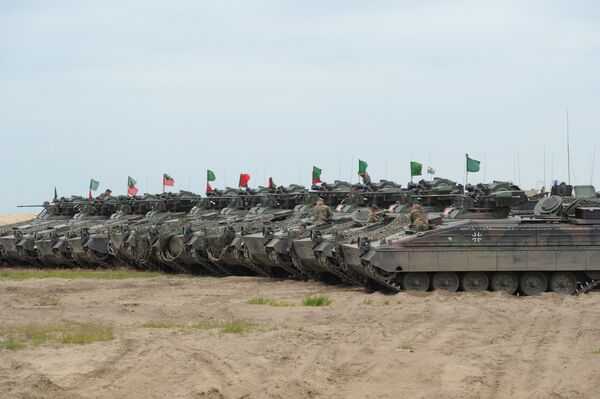
Furthermore, Fenenko noted, "Germany has always been important to Russia as a kind of bridge – a point of contact between Russia, the US and the rest of the West. If we completely lose Germany – we will lose an influential international mediator. And that's not even mentioning economic losses. Germany is important to us as a priority trade partner."
Unfortunately, the analyst suggested that as far as the military sphere is concerned, Washington's efforts to reanimate the tried-and-tested strategy of antagonizing Berlin against Moscow have a serious chance of succeeding. "There is a chance that this strategy will succeed if Germany continues to be led by politicians like Angela Merkel."
"We are not talking about a clash on a scale seen during the Second World War. But pushing Moscow and Berlin into local conflicts, in places like Transnistria or Ukraine, is the dearest wish of US policymakers," the analyst emphasized.
For his part, political scientist Sergei Markov, director of the Moscow-based Institute of Political Studies, suggested that Chancellor Merkel's anti-Russian sanctions policy may be among the most serious mistakes of her political career, alongside her migrant policy.
"Moscow remains a strategic partner for Berlin, and German business has always spoken out to the effect that the rupture in trade relations with Russia would inevitably lead Germany to disaster. In general, German public opinion does not consider Berlin to have a correct policy line in Ukraine, and considers the confrontation with Russia to be overblown and contrived."
At the same time, however, Markov emphasized that Merkel still has several trump cards up her sleeve. "First and foremost, Germany is one of the few countries in the world which has shown sustained economic growth –something especially notable against the background of the decline of other European economies. Moreover, it was under Merkel that Germany has significantly strengthened its position in the EU – so much so that politicians have begun calling today's Europe 'the Fourth Reich'."
"I think that if she banks on these positives, Merkel will not only be able to put forward her candidacy for the chancellorship, but have good chances to win," the analyst noted, adding that for Russia, "this would be bad."
"Germany has a powerful economy, it is the leader of the EU, and it has tremendous influence in Eastern Europe. Good relations with Berlin would allow Moscow to improve relations with a good dozen other European countries."
"Whichever of these theories is the truth, it does not change the alignment of forces in the Moscow-Berlin relationship, unfortunately," the analyst concluded.

